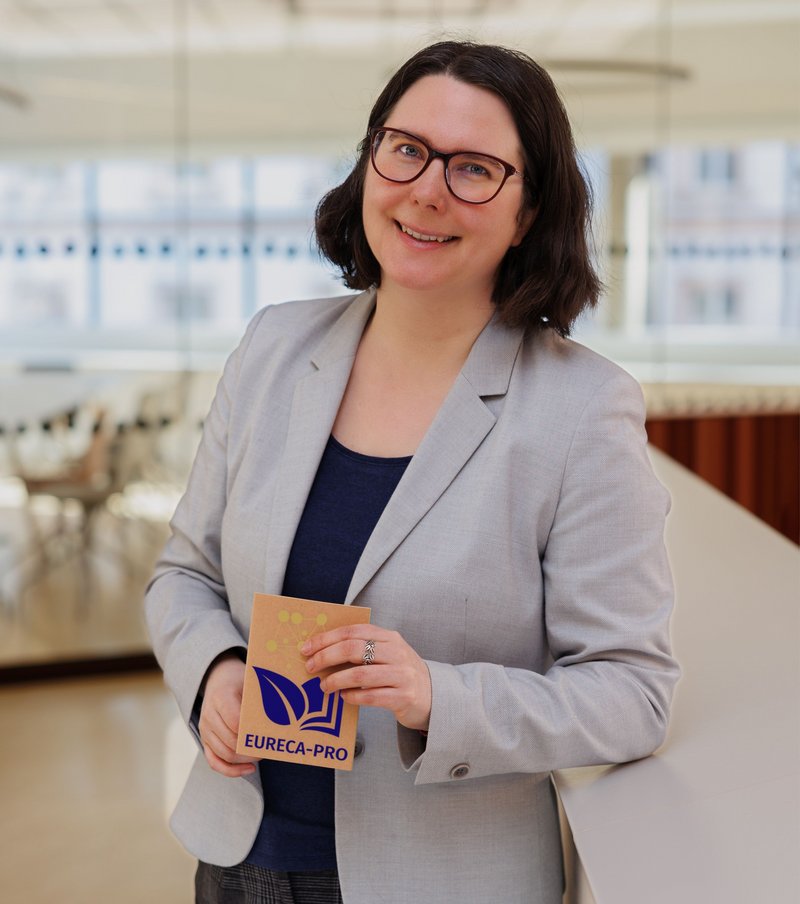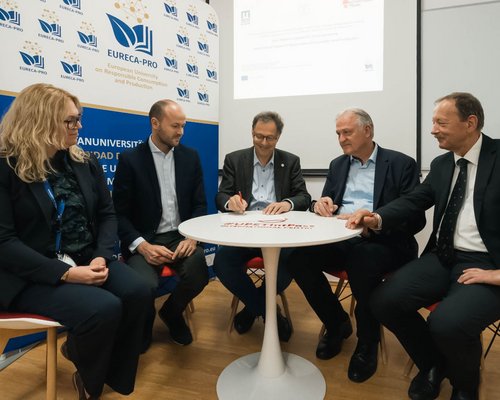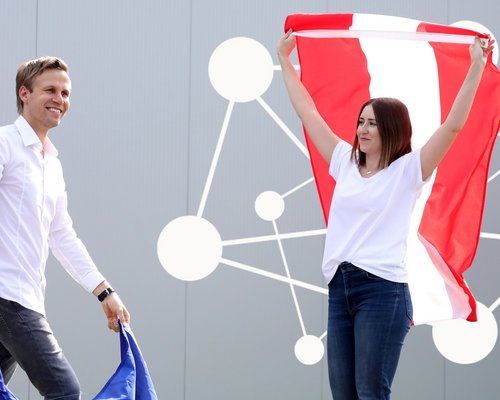We all know the images of people flooding stores to get the best deal on electronics or clothes on Black Friday. On occasions like these, it is hard to imagine that we will ever arrive at a more sustainable society.

Black Friday: Will Shopping Save the World?
It is sometimes argued that it is especially shopping that will save us. The general assumption is that consumers will make the right choice by picking products labelled as sustainable and that they will boycott products that are produced by environmentally and socially unsustainable companies. In short, it is argued that consumers are knowledgeable enough to buy their way towards sustainability.
Still, not everyone has the time and skills to gather independent information on the products they are consuming. Many people do not have the financial means to buy products marked as sustainable, since these products are more expensive. Furthermore, even if many of us are in theory quite knowledgeable about the effects of overconsumption, we tend not to act according to this information. As humans, we have plenty of denial mechanisms that allow us to keep living our comfortable lives. After all, we live in a consumerist society in which social prestige is achieved by being able to buy expensive things, from the most advanced TV system to the latest Tesla model. It is consumerism that culturally drives our behaviour.

Consumers: Creative and Collaborative
So, since shopping will definitely not save the world, how can we become more sustainable? For example, as consumers, we can become more creative and collaborative. As policy-makers, we can hold producers accountable for their socio-ecological impacts. As producers, we can depart from the idea of perpetual economic growth and ever-increasing profits. And as culturally important institutions such as universities, we can create spaces for experimenting with new technological and social solutions for sustainability.
For this reason, the European University on Responsible Consumption and Production EURECA-PRO has launched several study programmes (BSc, MSc, Joint Master, PhD) that cover both material circularity as well as the consumption sector. This holistic approach, which also considers the Sustainable Development Goals and planetary boundaries, leads to well-trained, critical and solution-orientated graduates, who are able to develop solutions for sustainable consumption and production. Our graduates are equipped with future-proof skills for a more sustainable world.
Leading a more sustainable lifestyle starts with the small things. So, why not celebrate Black Friday by doing one thing that provides a little step towards this goal? Buy nothing. Make something yourself. Ask where the products you buy come from. Share what makes you happy with others. Become part of a social movement.
The departure from consumerism starts with everyone of us.


